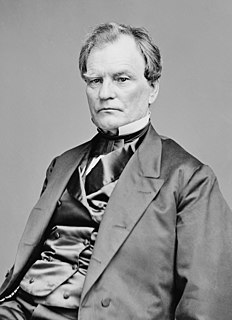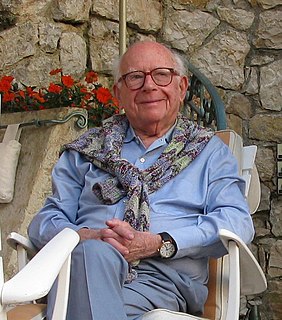A Quote by Allen W. Wood
It is both theoretically mistaken and morally wrong to regard others as objects of investigation rather than partners in free rational communication.
Related Quotes
This doesn't show that there is anything wrong with our theoretical understanding, any more than the intuition that the Earth is at rest shows that there must be something theoretically wrong with Copernicanism, or the intuition that time is moving shows that there is something theoretically wrong with the block universe 'B series' view of change.
COMMUNICATION: If I had to pick a first rule of communication-the one practice above all others that opens the door to connecting with others-it would be to look for common ground. Too often people see communication as the process of transmitting massive amounts of information to other people. But that's the wrong picture. Communication is a journey. The more that people have in common, the better the chance that they can take that journey together.
The true Enlightenment thinker, the true rationalist, never wants to talk anyone into anything. No, he does not even want to convince; all the time he is aware that he may be wrong. Above all, he values the intellectual independence of others too highly to want to convince them in important matters. He would much rather invite contradiction, preferably in the form of rational and disciplined criticism. He seeks not to convince but to arouse - to challenge others to form free opinions.
We begin from the recognition that all beings cherish happiness and do not want suffering. It then becomes both morally wrong and pragmatically unwise to pursue only one's own happiness oblivious to the feelings and aspirations of all others who surround us as members of the same human family. The wiser course is to think of others when pursuing our own happiness.
It's all emotion. But there's nothing wrong with emotion. When we are in love, we are not rational; we are emotional. When we are on vacation, we are not rational; we are emotional. When we are happy, we are not [rational]. In fact, in more cases than not, when we are rational, we're actually unhappy. Emotion is good; passion is good. Being into what we're into, provided that it's a healthy pursuit, it's a good thing.
No advocate of reason can claim the right to force his ideas on others. No advocate of the free mind can claim the right to force the minds of others. No rational society, no co-operation, no agreement, no understanding, no discussion are possible among men who propose to substitute guns for rational persuasion.
I prize the purity of his character as highly as I do that of hers. As a moral being, whatever it is morally wrong for her to do,it is morally wrong for him to do. The fallacious doctrine of male and female virtues has well nigh ruined all that is morally great and lovely in his character: he has been quite as deep a sufferer by it as woman, though mostly in different respects and by other processes.



































